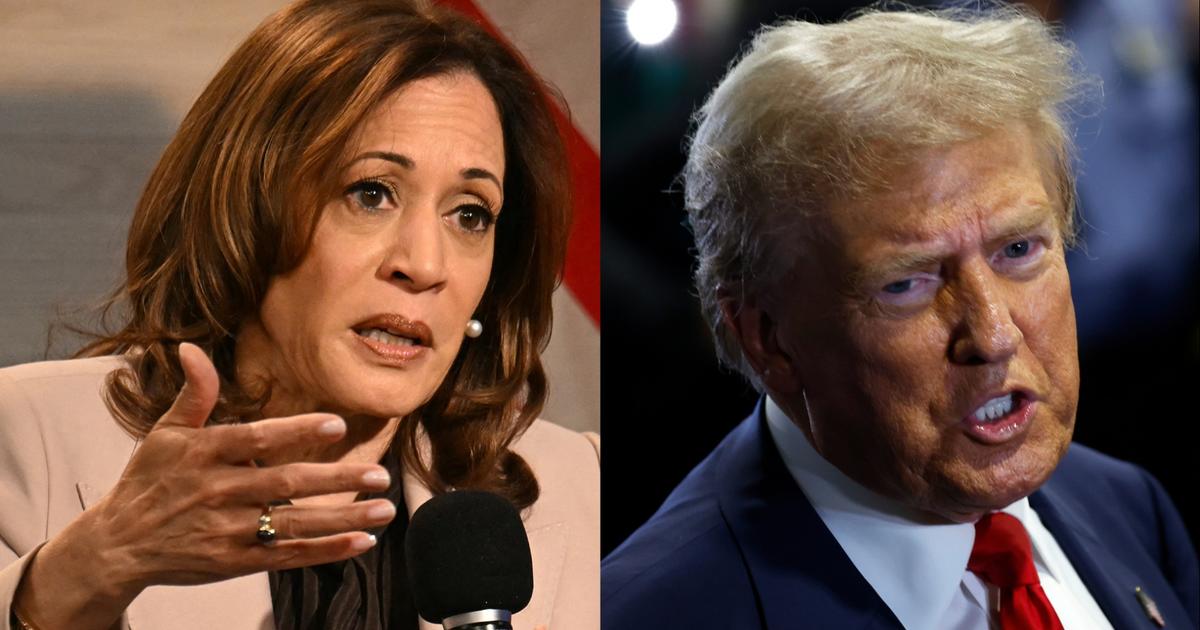In the lead-up to the 2024 presidential election, Vice President Kamala Harris and former President Donald Trump have showcased differing stances on healthcare policy in America. Despite the significance of healthcare in previous election cycles, the issue has not taken center stage in the current campaign as it did in 2016 and 2020. Back then, the left proposed a radical overhaul of Obamacare, while Republicans sought to repeal it.
During her 2020 presidential campaign, Harris presented a somewhat convoluted stance on the future of private health insurance. At a primary debate in 2019, Harris raised her hand when asked if she would eliminate private health insurance, only to backtrack soon after and clarify that she would not abolish it. In April 2019, Harris co-sponsored Senator Bernie Sanders’ “Medicare for All” bill, which aimed to replace private health insurance with a single government-run insurer for all Americans.
Harris released a healthcare plan in 2019 that outlined a gradual transition towards government-backed health insurance over a 10-year period, while maintaining private health insurance options. She emphasized allowing private insurers to offer Medicare plans within the system, subject to strict Medicare regulations on costs and benefits.
On the other hand, Trump has consistently criticized Harris for her past support of “Medicare for All,” accusing her of advocating for socialist, government-run healthcare with high taxes and long wait times. Harris’ campaign has clarified that she does not intend to pursue a single-payer government health insurance system if elected president. Instead, she aims to support private healthcare options while preserving and expanding the Affordable Care Act.
During a debate in Philadelphia, Trump expressed his intention to “replace” Obamacare, a goal that Republicans in Congress have largely abandoned in recent years. Despite previous efforts to repeal and replace Obamacare in 2017, Trump failed to deliver a comprehensive healthcare plan during his presidency. He has promised to unveil a new plan if a better and more cost-effective alternative is identified.
Trump’s administration made several attempts to undermine the Affordable Care Act, including asking the Supreme Court to overturn it in December 2020. However, the Supreme Court rejected this challenge, affirming the constitutionality of the ACA. Furthermore, the Trump administration suspended risk adjustment payments to insurers in 2018 and shortened the enrollment period for federal healthcare exchanges in 2017.
Harris has voiced support for President Biden’s initiatives to lower drug prices, including expanding Medicare’s ability to negotiate drug prices and cracking down on pharmaceutical companies and insurance intermediaries that inflate costs. She played a pivotal role in passing the Inflation Reduction Act in 2022, which empowers Medicare to negotiate drug prices for its members. The Biden administration has already established price caps for certain drugs for Medicare patients, with plans to extend these ceilings to insulin prices and out-of-pocket spending.
In contrast, Trump has also pledged to reduce drug prices but distanced himself from a proposal to link Medicare prices to other countries, a strategy that was reversed in 2021 due to legal challenges. Additionally, Trump has advocated for government funding or mandatory coverage by private insurance companies for in vitro fertilization (IVF), a costly fertility procedure. While some Republicans support IVF coverage, others argue against mandating it due to its high cost and complex nature.
Senate Republicans have rejected legislation that would protect access to IVF and require insurance companies to cover fertility care, prompting criticism from Democrats. Despite bipartisan efforts to address fertility coverage, disagreements persist on the extent to which IVF should be mandated by insurers. Various states already mandate coverage for IVF under certain private insurance plans, underscoring the ongoing debate surrounding fertility treatments.
As the 2024 presidential election approaches, healthcare policy remains a contentious issue with Harris and Trump advocating for distinct approaches to reforming the system. While Harris prioritizes preserving and expanding the Affordable Care Act, Trump aims to replace Obamacare with a new healthcare plan that offers more affordable and comprehensive coverage. The divergent views of these candidates underscore the complex challenges and competing interests in the American healthcare landscape.









